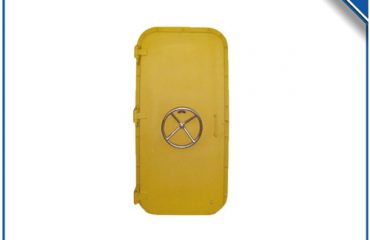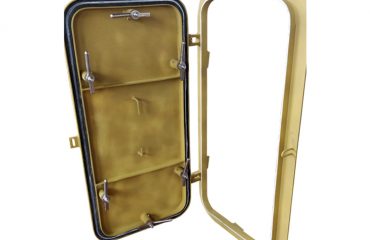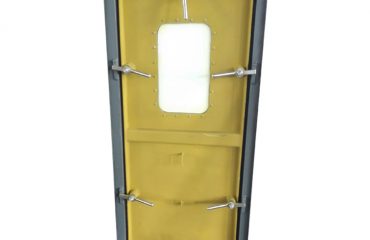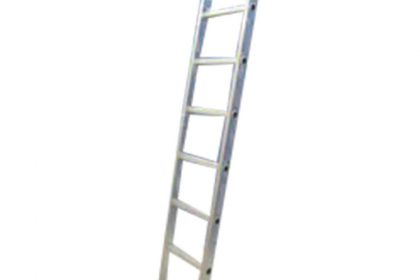
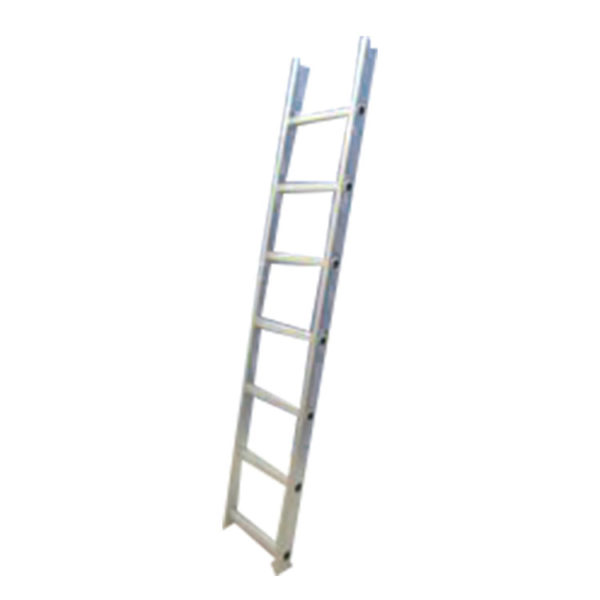
Ship ladders, also known as pilot ladders or accommodation ladders, are an essential component of any ship. These ladders offer several benefits that make them indispensable for safe and efficient operations on board a vessel.
One of the primary benefits of using ship ladders is that they provide safe and convenient access for pilots, crew members, and other personnel boarding or disembarking from the ship. Ship ladders are designed to be sturdy and stable, making it easy for individuals to climb up or down from the deck to the water or a dock. This ensures the safety of those on board and reduces the risk of accidents or injuries while embarking or disembarking.
Ship ladders are also essential for complying with international regulations and standards set forth by organizations such as the International Maritime Organization and the International Labour Organization. These regulations require ships to have proper access arrangements in place, including ship ladders, to ensure the safety of all personnel on board. Failure to comply with these regulations can result in fines, penalties, or even detention of the vessel.
In addition to safety and regulatory compliance, ship ladders also offer practical benefits for ships and crew members. These ladders are typically lightweight and portable, making them easy to deploy and store when not in use. This allows ships to save on space and weight, while also ensuring that the ladders are readily available when needed.
Furthermore, ship ladders are designed to withstand the harsh marine environment, including exposure to saltwater, high winds, and rough seas. They are typically made of durable materials such as aluminum or fiberglass, which are resistant to corrosion and weathering. This ensures that the ladders remain functional and reliable even under challenging conditions, making them a valuable investment for ship owners and operators.



